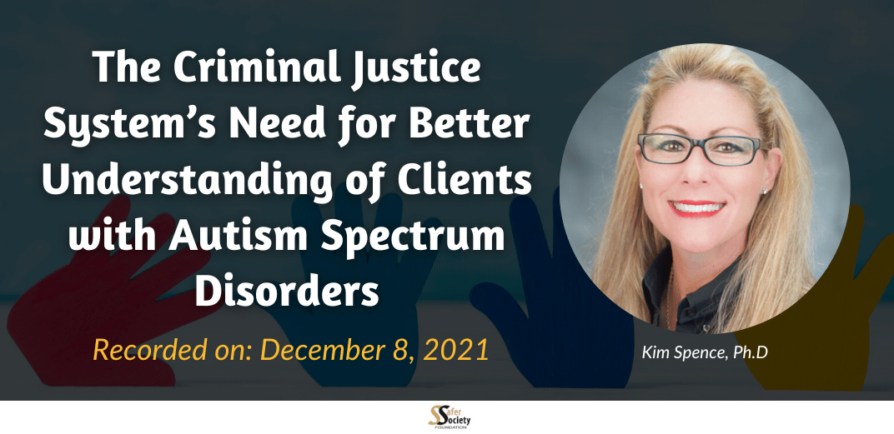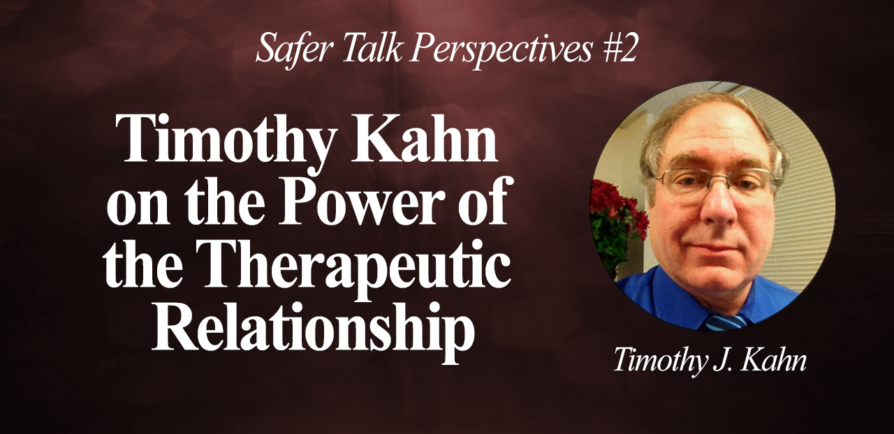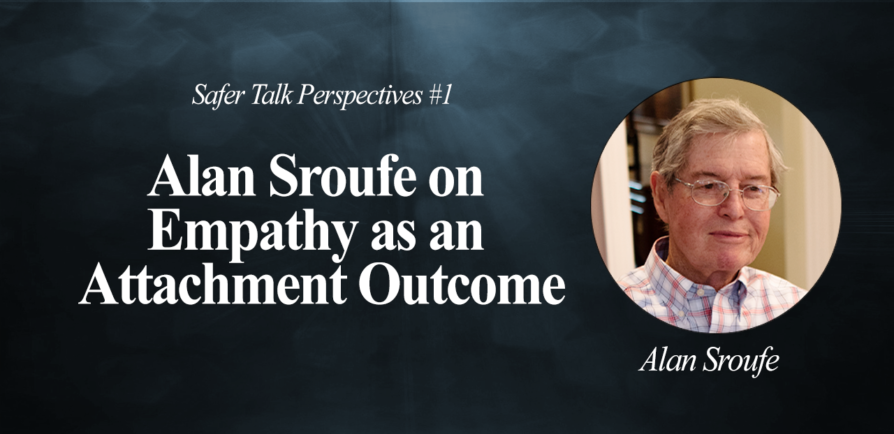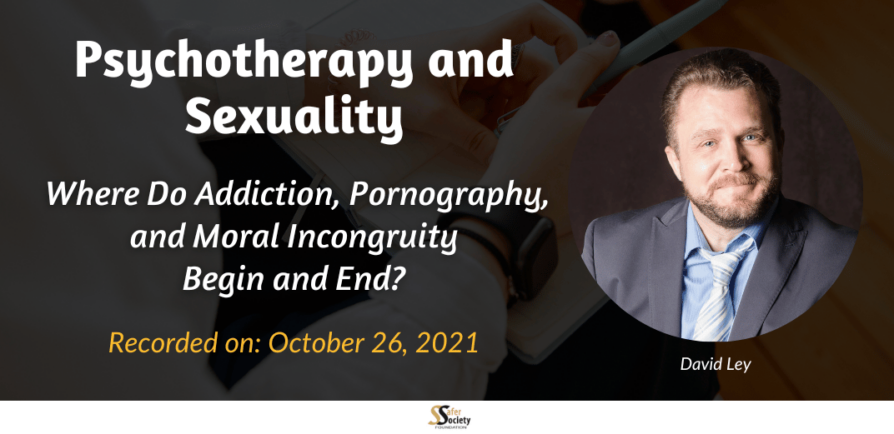In this webinar with Dr. Spence, a world-renown expert in the treatment and assessment of justice-involved people with autism, we will examine the ways criminal justice systems fall short in ensuring the safety and effective rehabilitation of this vulnerable and challenging population. It’s a much-needed conversation that will shine light on how we can improve outcomes.
Happy Thanksgiving!
Last year at this time, we were hoping that we’d be looking at the COVID pandemic in the rear view mirror. Obviously, the pandemic remains a serious issue for the entire world. Nevertheless, there are many things we can be thankful for as we look back at the previous year. Number one for us at Safer Society Foundation is our customers. Personnel and supply-chain issues have impacted to some extent or another the printers who manufacture our books and our warehouse which ships them. This has occasionally meant being out of stock with some of our titles, as well as experiencing delays with shipping (we HATE delays). But you, our customers, have faced these problems with us with patience and understanding. Thank you for that.
Sandy Jung receives CAFA award
We were very pleased to learn that Dr. Sandy Jung has received the 2021 Confederation of Alberta Faculty Associations (CAFA) Distinguished Academic Award. Dr. Jung is a Professor of Psychology at MacEwan University in Edmonton, Alberta, and the author of the Safer Society Press book RNR Principles in Practice: In the Management and Treatment of Sexual Abusers. The award recognizes Dr. Jung’s “outstanding research program in her Psychology Crime Lab that focuses on the prevention of sexual assault, child sexual exploitation, and intimate partner violence.”
Announcing Staff Promotions
I am so very pleased to be announcing the promotions of three Safer Society Foundation staff members—Sarah Snow Haskell, Steve Zeoli, and David Prescott.
Timothy Kahn on the Power of the Therapeutic Relationship
Safer Talk Perspectives #2 Editor’s note: The is the second in a series of posts in which we look back at past Safer Talk webinars …
How Can We Reform the Criminal Justice System?
In 1967, President Johnson’s Commission on Law Enforcement and Administration of Justice outlined a massive set of recommendations (involving law enforcement, courts, corrections, etc.). Unfortunately, many of these recommendations were never implemented, and few actual reforms have occurred. The largest issue has been the sheer volume of traffic through the legal system (often resulting in incarceration) and the culture of control and punishment, which are largely untouched by the reform efforts. The volume can be addressed by more citations which require fines and fees – or restorative justice – for misdemeanor offenses (broken-window types of offenses). Moving from public safety approaches to public health models will also alter the reach of the justice system; this is evident in the legal system’s handling of drug- and alcohol-related issues. This webinar provides a brief exploration of these and related issues.
Alan Sroufe on Empathy as an Attachment Outcome
Editor’s note: The is the first in a series of posts in which we look back at past Safer Talk webinars and trainings to pull perspectives that we feel may be of interest to professionals in our field. During his Safer Talk webinar conversation with host David Prescott, Alan Sroufe, author of A Compelling Idea, was asked to give an example of how attachment in infancy influences the kinds of people we become.
Cycle to End Abuse
Bicyclist Tim Markison is in the middle of riding 3,000 miles from San Diego to Jacksonville to help raise money and awareness for the issue of child sexual abuse. Among the agencies, Tim is raising money for is Safer Society. You can learn more about Tim’s trek here and find out how you can support his endeavor. You can also read about Tim’s experiences on the road.
What’s OK? A New Resource for Teens and Young Adults from Stop It Now!
The newest resource available through Stop It Now!, called What’s OK?, provides a free, confidential way for teens and young adults to talk with counselors about sexual feelings, interests, thoughts and behaviors.
Psychotherapy and Sexuality – Where Do Addiction, Pornography, and Moral Incongruity Begin and End? A Conversation with David Ley
Everyone has their opinions, and this can be especially true when it comes to controversial topics such as pornography and addiction. Moving beyond our moral beliefs to what research shows can be challenging, particularly when the science in these areas is imperfect. As is often the case, scientific inquiry can often produce surprising results that challenge us to re-think our practice.









